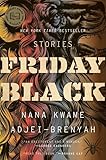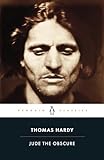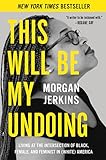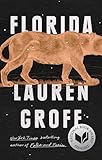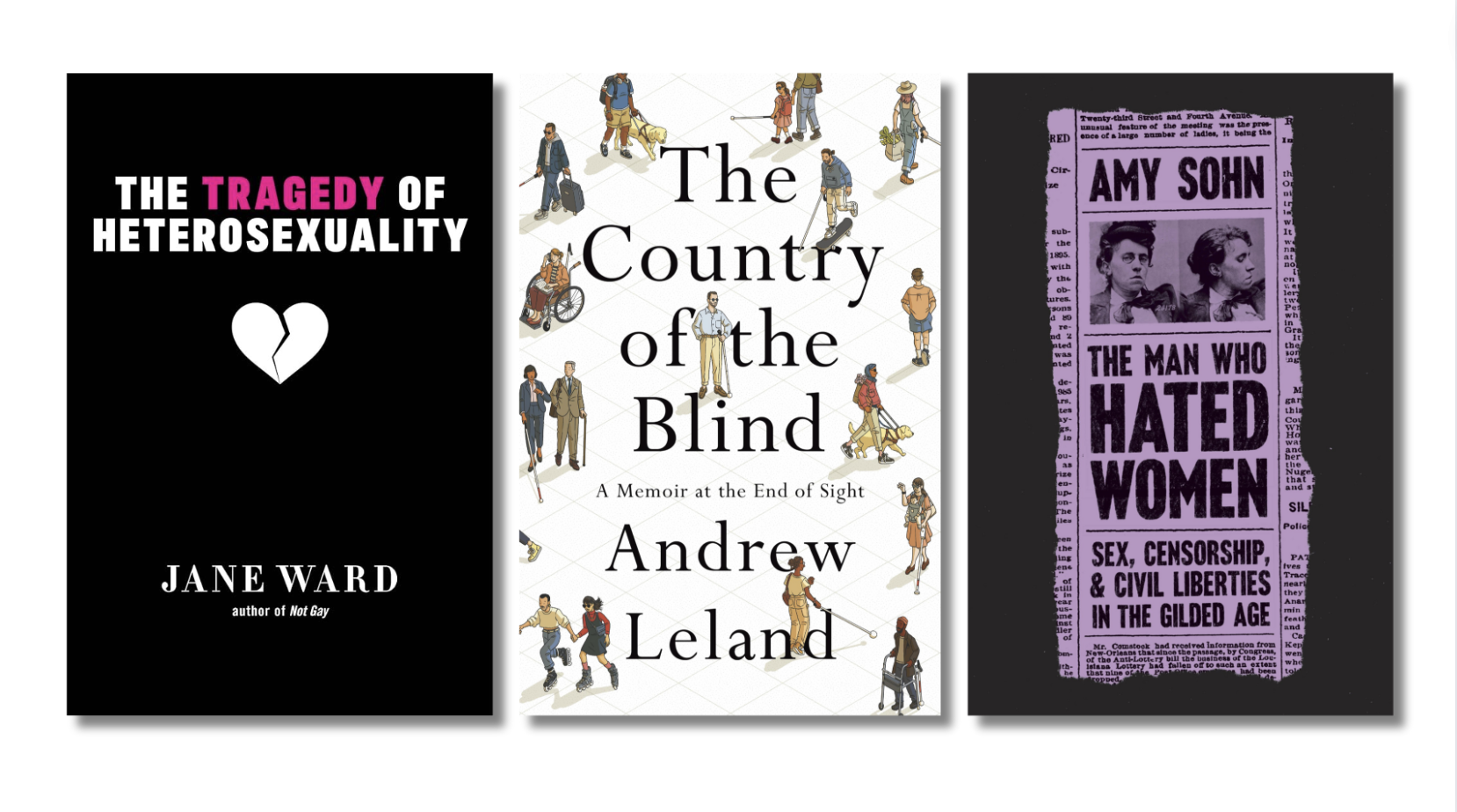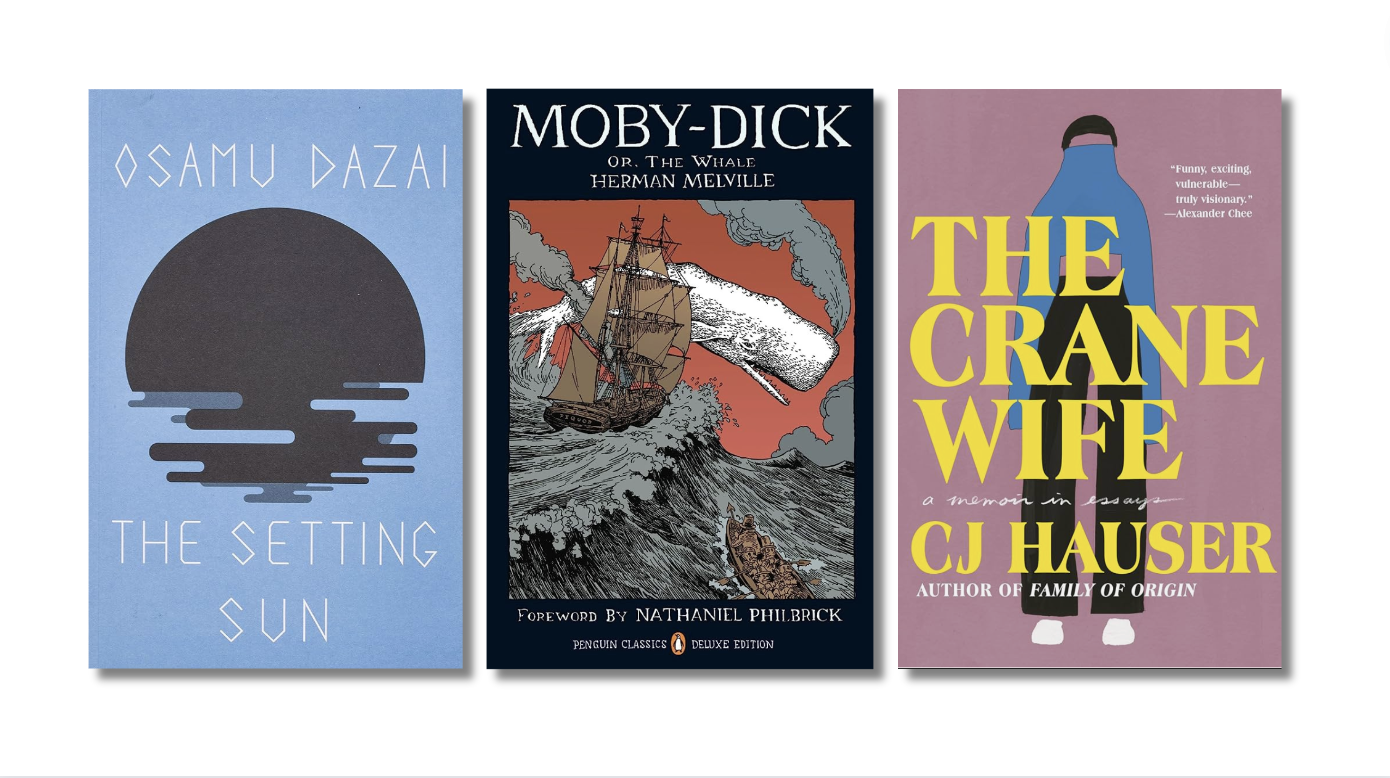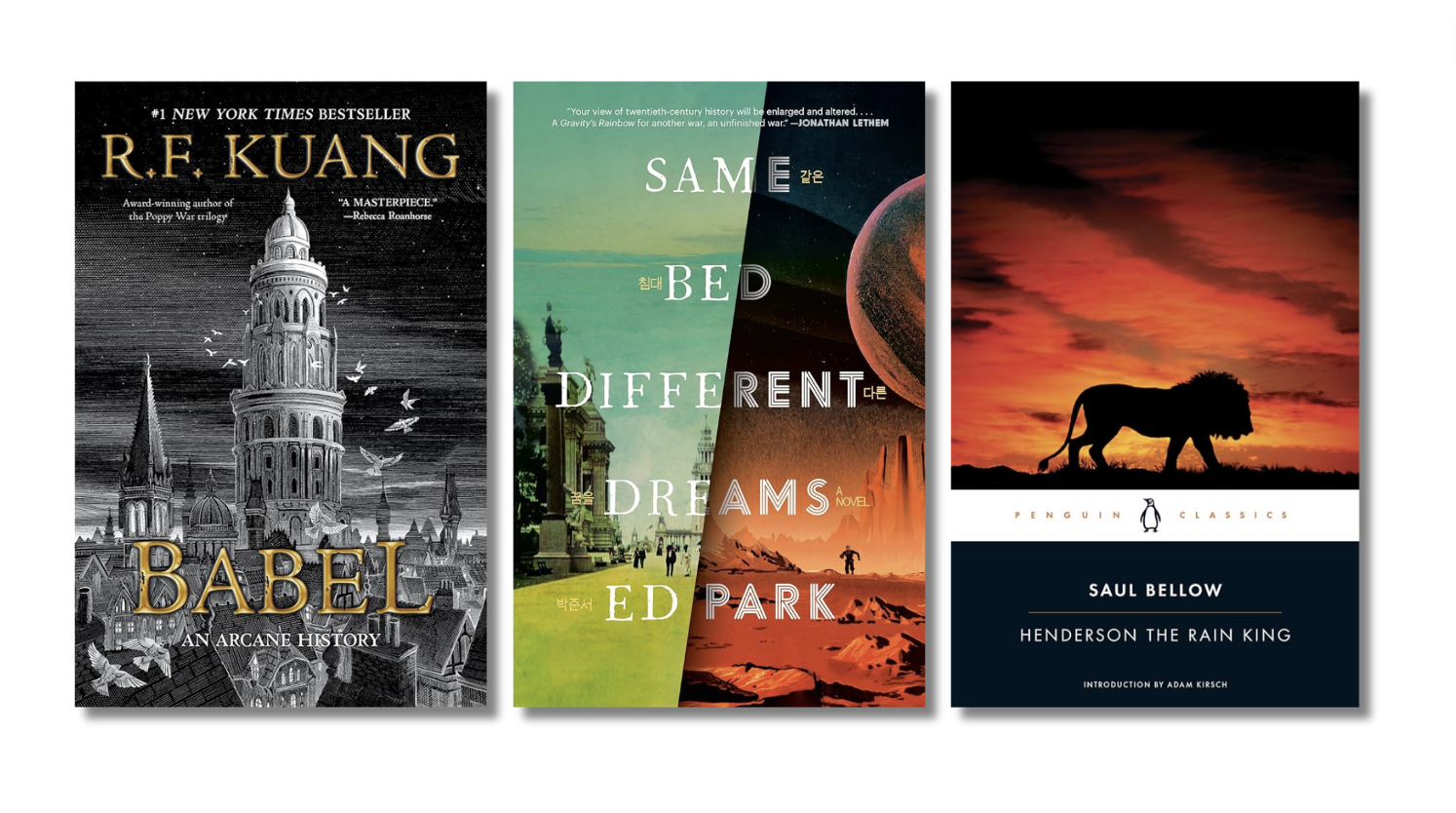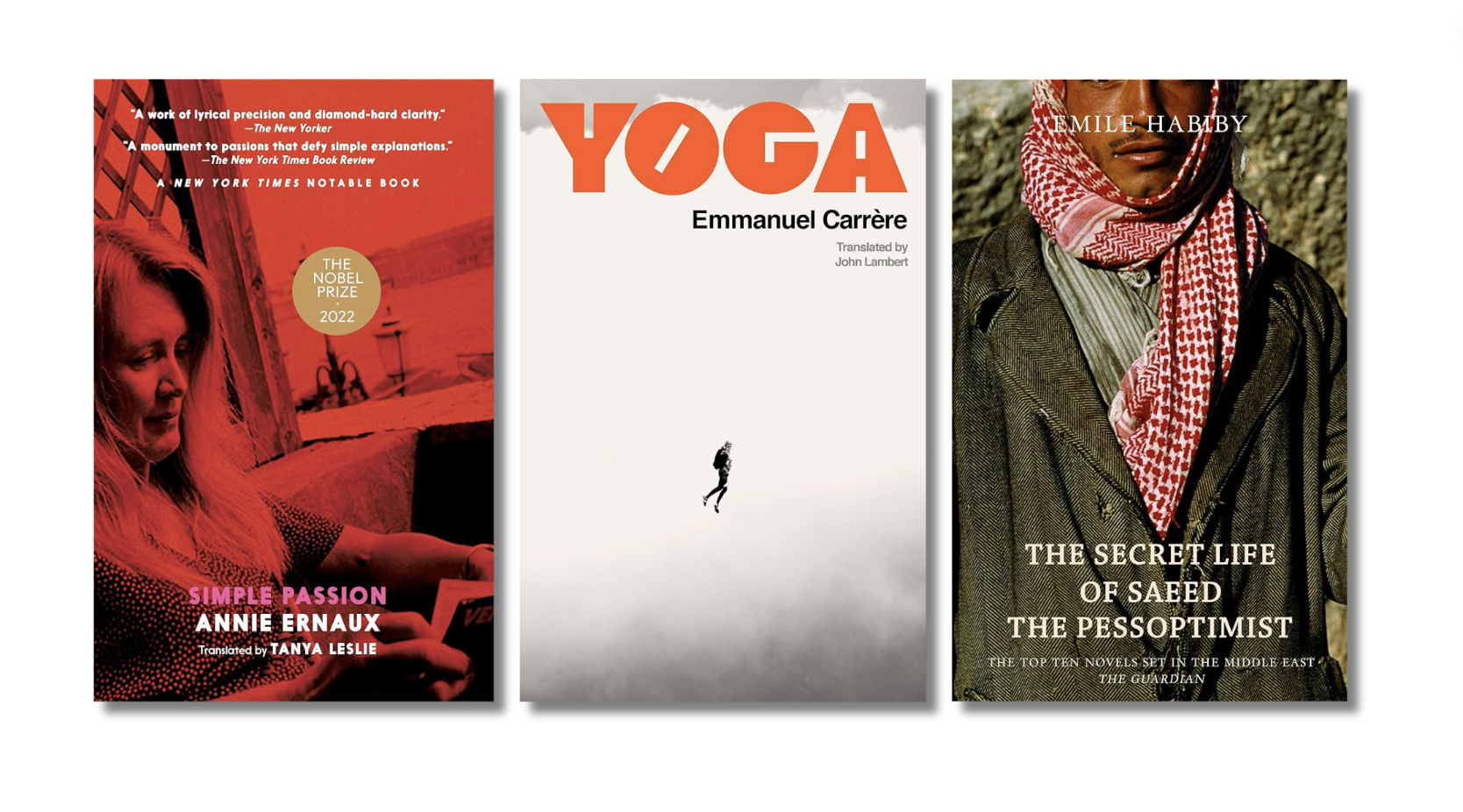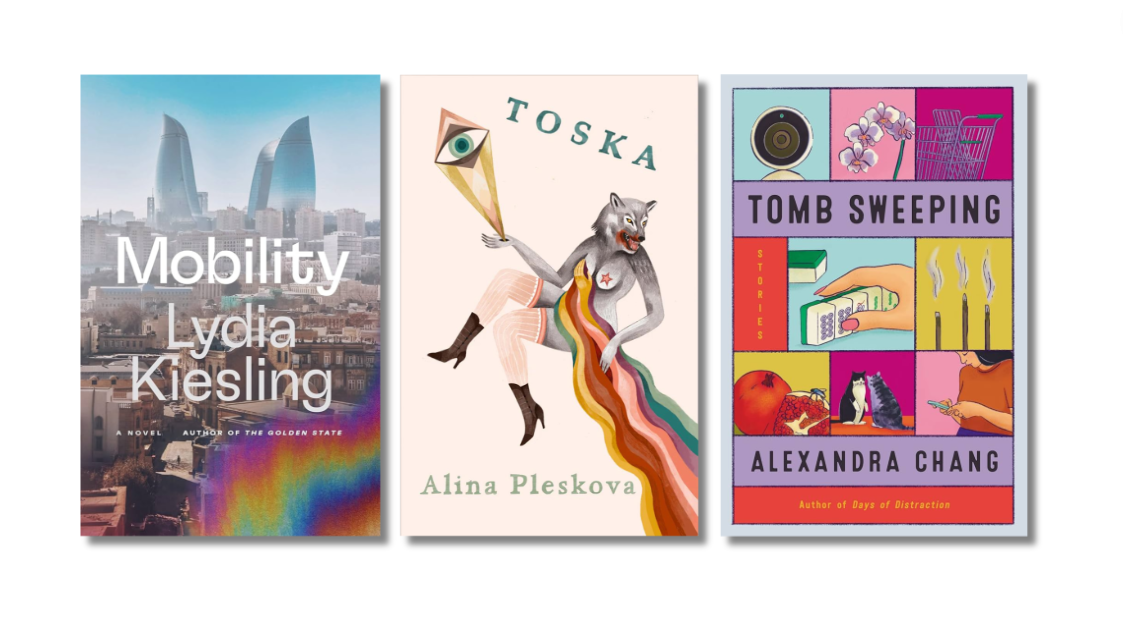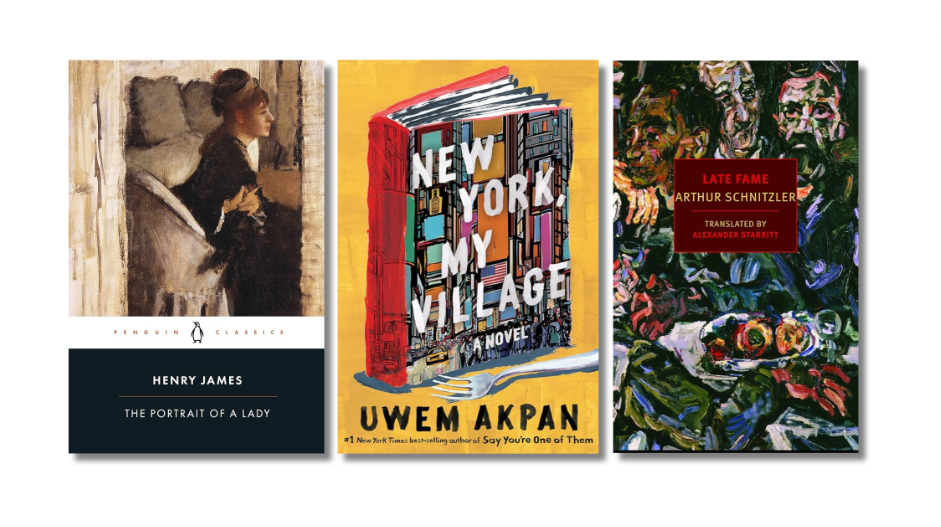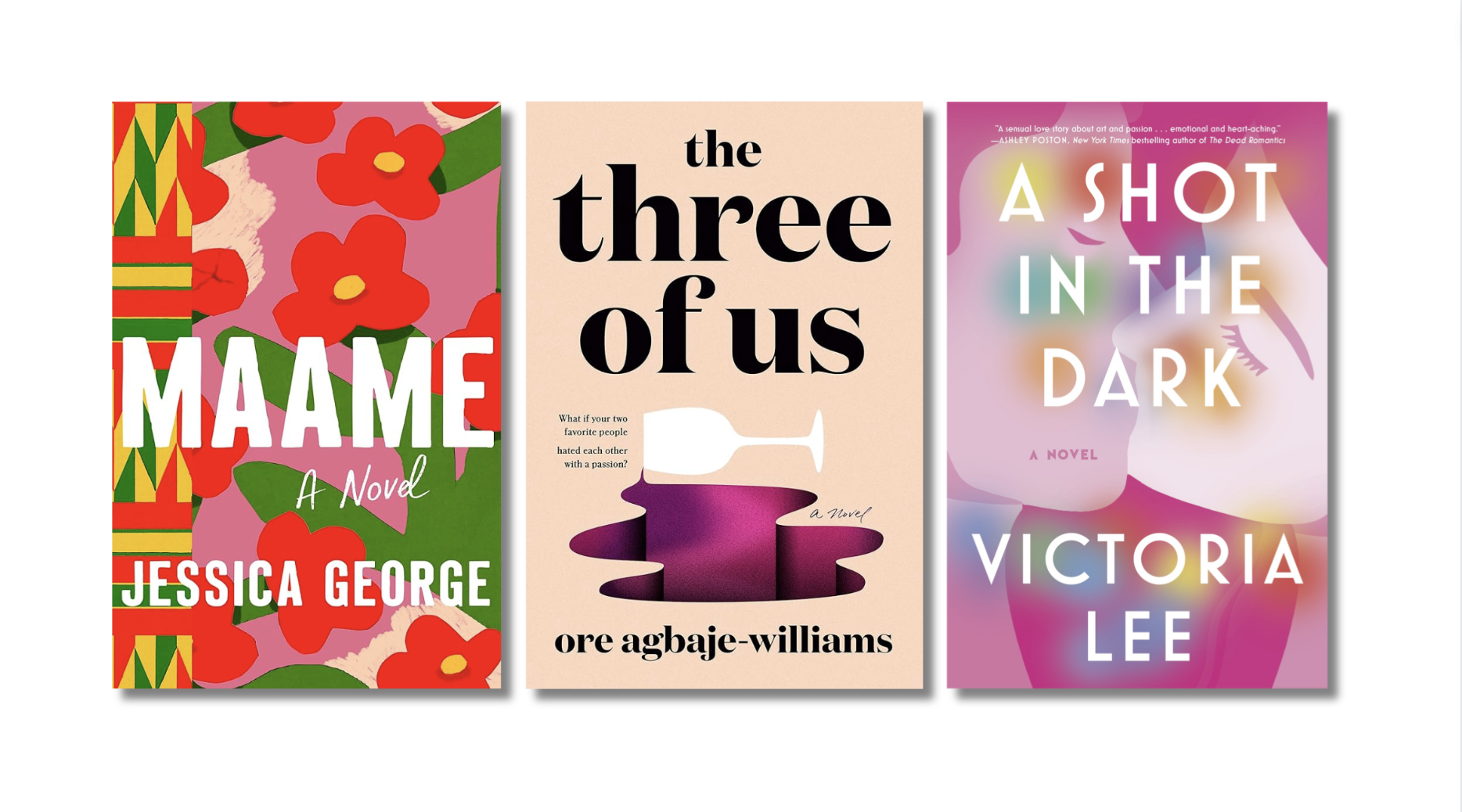This year was bracketed by both joy and terror. I watched, scared, as people I love grew, learned, succeeded at various things—including me. What did it mean? Writing for years, coming close to getting published once before, then suddenly finding my book out in the world, cherished and loved by strangers who became friendly readers—and why now? Of all times, when our country is literally being burned down? And when, on a daily basis, I fear for our lives? All year, in response, I held on tight to books I love, remembering not only specific words, but the moments of real comfort I found in these books. Cherishing these.
Beloved, by Toni Morrison, a book I read in high school when it was first published, always one I “mean to” return to but found myself too dazzled and silenced by—this year was the year that, in my studio cabin at MacDowell Colony, I sat and read the book without interruption, making extensive notes on structure and strategy. Embracing the past to let it go. Sixty million and more. For the first time, reading Morrison’s hallowed words, I was delighted to find that I understood the book’s structuring, the unfolding, building of tension in specific scenes. For the first time I dared to hope that I would write a book, a real book, that could matter.
Citizen, by Claudia Rankine, completely woke me up to poetry. What had I been doing, all this time? In high school too, I’d been lucky enough to be part of the Academy of American Poets workshop. I’d written poetry, “always” written it, I thought. Then stopped. This year, I couldn’t remember why, and so the poems came out, got revised, but not with any kind of condescending withering. “Citizen” taught me all too well—there’s already a world ready to hate. We must honor ourselves. I read Rankine’s bold, intellectually rigorous, extremely serious and vivid words and felt like she was saying to me, “Don’t ever let anyone tell you that you don’t know what you know.” All the poems I published this year (19! And counting, including this one that received a Joy Harjo prize, and this one in THE SAME MAG where Maggie Smith published her poems (!), and THIS ONE where Natalie Diaz published poetry—and this essay I wrote even before reading all of Citizen this year, and being awakened to poetry again, in general, by the conflagration of hatred and terror that we are living through, somehow.
All my writing, engagement with any words and rhythms, had as its backdrop the feeling of being supported by poems by women and people of color, all the time. All year, while writing, I also “ate up” poetry quietly and gratefully—like Life on Mars, by Tracy K. Smith, which made me realize that I, too, was radiant from “panic” about the state of current affairs, like cold, lovely splashes of Maggie Smith’s Good Bones, which made me too shy to say hi to her when I saw her and she smiled back at AWP, and like surreptitious “sips” of My Brother Was an Aztec by Natalie Diaz, which made me question the simplistic dreams I’d had as a medical student of “volunteering on the rez,” realizing on a visceral level how there is SO MUCH MORE to it, to any kind of engagement with a brutalized and marginalized community when you “happen to have” services they need, through “accidents” of history (that are not really accidents, a la Marianne Moore, another poet I reread this year, loving her words and hating myself for how deeply ingrained her words are in my mind given that she was a person who supported Indian boarding schools for children. The poet who wrote “Marriage” was never who I dreamed she’d be).
My anger had to find some quarter, I suppose. Who could’ve guessed that it would be turned into appreciative laughter so easily? That I’d be so susceptible to charm? But it did and I was: Nana Kwame Adjei-Brenyah’s Friday Black, even for the title story alone, which I read and then hugged tightly to myself like a puffy jacket I’d been coveting (reminiscent of another puffy jacket, from another great story, by Sana Krasikov talking about post-Soviet Russian consumerism in One More Year, also brilliant and another book that I reread this year).
To finish revisions on the novel that my agent will (I hope) submit to publishers in 2019, I read (what else?) This Year You Write Your Novel, by Walter Mosley, and it is true that “luck favors the prepared mind” because, reader, I MET him in person at the Texas Book Fest not long after I read and took notes on that book, including 1) at least “touch” your novel for one and a half hours per day, even if all you do is read and reread what you have, just touch it so it doesn’t become foreign to you and 2) get the complete draft done. Just get it done. Tell the story. (Worry about “telling it slant” later). Then I MET WALTER MOSLEY! And so, I could honestly tell him, before I fled our 90-second “meeting,” “I adore you.” Upstairs in the building that Moseley was walking out of it, I said the same thing (again meaning each syllable, probably almost too fervently) to Alexander Chee, FACE TO FACE OVER HUEVOS RANCHEROS. His book Edinburgh that I’d read last year was as masterful and moving as How to Write an Autobiographical Novel, which capped for me the trend in reading I realized I was pursuing, of reading a novel, then tracking down writing advice from its author, then devouring the essays by that author… about writing. Following this thread I read everything I could find on the Internet (and attended her talks too! Including at AWP) by Min Jin Lee—both Pachinko (for the first time, crying at the sad parts by a swimming pool where children thought the crying was from their ruthless splashing of me, and my paperback) and Free Food for Millionaires, which I also read for its immensely skillful plot structure, engrossing, yet unfolding at a stately 19th-century pace, though without any didactic digressions. (I eagerly, EAGERLY await Min’s book of essays about writing which, if not already in the works, I SO HOPE will now be in the works. Hint, hint.)
Naturally (I felt) Lee’s use of the omniscient third had to lead me to novels like Jude the Obscure, by Thomas Hardy (whose prologue long ago inspired me to write this story in White Dancing Elephants, featured recently at Electric Lit). I loved Hardy, of course, and also dipped into Wuthering Heights again, on a long plane ride where sniffling was assumed to be something everyone was doing (and hiding), because of the dry air and so on (and dipped into it mainly because of the brilliant, hilarious, melancholy evocation of the book I’d heard read out loud in a piece at Sewanee Writer’s Workshop, by Shanti Shekaran, whose novel Lucky Boy I read once, utterly loved but couldn’t bear to read again, for how close it came to uncovering my own feelings about infertility and miscarriage, and how it described such heartache around attachment and loss and parenting, I just couldn’t bear it. But no 19th-century novel made as indelible an impression on me as Henry James‘s Washington Square, which I listened to twice all the way through, driving to and from work, in the Librivox version beautifully narrated by “Dawn”, one of the many tireless readers who make these free audio books a widely accessible resource.
Perhaps it’s because, like the heroine Catherine’s father, I am a doctor too, but I felt so keenly for nearly everyone in this book (except of course the hapless Morris, whom Catherine never would have expected a thing from, had she not been so blinded and burdened by the painful, enmeshed, guilty, tormented relationship with her father). The perfect, Victorian-era “snark” of how the book sets up the cruel events that lead Catherine to lose her mother, implying just enough that the doctor-father was too detached, and simply didn’t act fast enough, to save his own wife and son from death– I felt the devastating wound of it, of how much people expect from doctors, yet how little compassion is extended to us when, like every other human being on this earth, we suffer loss. We grieve. We feel the limits of what humans can control, and what we can’t.
Strangely, though, the essay collections I read were not by doctors. Nor were the novels, though I did read an interview I really enjoyed, with gifted novelist and fellow psychiatrist Daniel Mason in The New York Times, for how the tone of the interviewer SO COMPLETELY ERASED any people of color or women from the identity “psychiatrist” so breathlessly parsed therein.
(Um, NYT dude whose name I think I had trouble pronouncing, no offense—not all psychiatrists are cishet white upper middle class males preoccupied with “affective containment” as an ultimate goal. That very limited, exclusionary, anti-public health/private pay vision of psychiatry pretty much ended in the ’70s. What we have now are “recovery communities” and “neurodivergence,” in case you didn’t realize. Like, psychiatrists who are women of color who can get down with The Collected Schizophrenias as forthcoming by Esme Waijun Wang, for instance, or who can clearly express compassion and caring for patients with eating disorders as detailed by writers with these conditions like Kathryn Harrison in The Mother Knot. Thanks for understanding, dude. No doubt.)
Instead, in reading as in life, I pursued a kind of lightness, an attitude, insouciance, coupled with breathtaking honesty, shrewdness. One might put all these book covers in a Twitter post and caption it MOOD. Chelsea Hodson’s Tonight I’m Someone Else, and Melissa Febos’s Abandon Me (yes, if she comes to AWP, I’ll get shy and girl-crush-struck and run away from her too, I don’t doubt it). Morgan Jerkins’s This Will Be My Undoing. As a Rhodes Scholar, my voice caught in my throat reading her account of being “instructed” on how, as a woman of color, she could “assimilate” into various white elite spaces her intelligence and drive had helped her gain access to. She cut close to the bone.
Then to cap off the year, I read and took a lot of notes on story collections to help finish revisions on my second story collection, which only exists because it turns out I’m a writer literally with manuscripts in a drawer that I take out and revise and don’t send out anywhere for years (and not any of the stories that belong to this second collection were written recently, though excerpts were featured recently here and here). The jewels among the several collections that I read include (in addition to Friday Black, above, which I just read out of love, and not for work)—Florida, by Lauren Groff, reading again and again the particular story of a woman writer obsessed enough with researching her novel to have to go to France; anxious enough to take her children with, literally dragging them, making them walk in rain and cold, making them speak French, forcing them, making them, almost crying from the effort of trying to hold the structure together while staying dreamy enough to actually sit down and write. Sigh.
Also read, and studied (again, after reading the first story while in high school too—“The Chinese Lobster” when it first came out in The New Yorker) the whole collection by A.S. Byatt, so stunning: The Matisse Stories, and timely too—dipping into #MeToo themes as well as fundamental questions about “who gets to make art” which then took me, on a pleasurable digression, to Claire Messud’s thrillingly good, extremely entertaining, admittedly shrill book The Woman Upstairs, which I liked but I think was secretly wishing would talk more about the racism that a Middle Eastern family might experience in the Republic of Cambridge, MA (yes, even there). I got back to the stories, though, delightedly wading through Everyday People, the anthology edited by Jenn Baker and one that includes a detailed bibliography of works by women and nonbinary authors of color in the back.
All in all, the year of reading made me a little less afraid. Not really less afraid of our political futures. No. But less afraid of losing hold of what and whom I love. Much less afraid of forgetting any of what is most vital to me. Maybe memories do define who we are—a recent interesting and long thread of Twitter, and something I contemplated while reading a lot of press coverage about the fascinating Amazon Prime original with Julia Roberts, Homecoming (which draws directly from PTSD research and prolonged exposure therapy for PTSD, modalities I’m trained in administering).
I also thought more about trauma and memories while reading Marlena for the first time, to interview Julie Buntin here—and thought about my family’s memories, coming to terms with my younger brother’s autism and disabilities, when I read (and wept with real gratitude) over Gary Shteyngart’s Lake Success and how it represented a level of acceptance and love of a child with differences that I’d always wished myself and those I knew could feel and demonstrate more clearly, more spontaneously, without such hard effort and constant education of ourselves, to understand my brother’s perspective, to hear his voice. It may be true that our memories somehow define us—but I prefer to think that books are loving and beloved carriers of our memories, trigger the ones we need to remember the most, stimulate the memories that heal us.
More from A Year in Reading 2018
Don’t miss: A Year in Reading 2017, 2016, 2015, 2014, 2013, 2012, 2011, 2010, 2009, 2008, 2007, 2006, 2005














